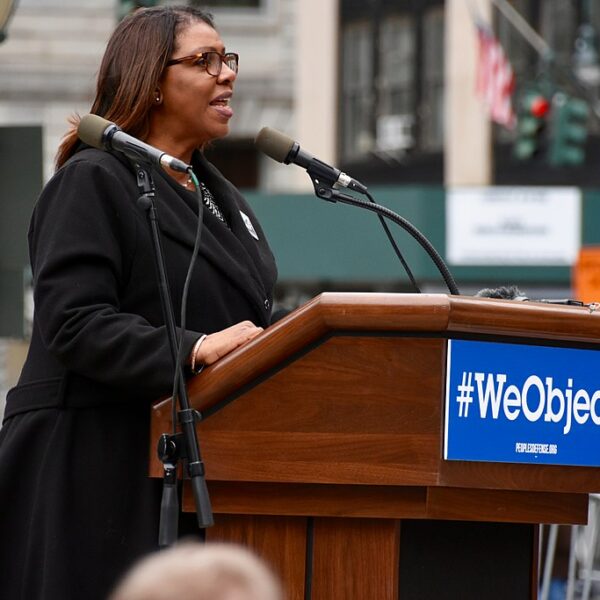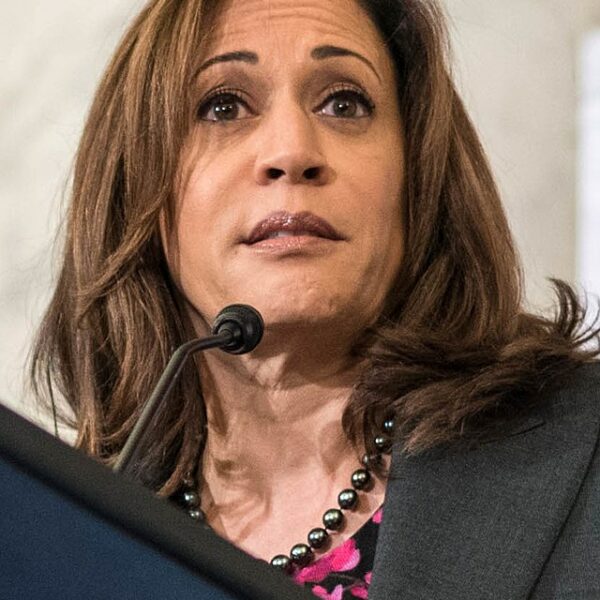
In a surprise move, President Donald J. Trump declared on Tuesday his intention for the United States to seize control of the Gaza Strip.
Speaking alongside Israeli Prime Minister Benjamin Netanyahu at the White House, Trump framed his vision as both a humanitarian and economic imperative. “The U.S. will take over the Gaza Strip, and we will do a job with it too,” he asserted. “We’ll own it and be responsible” for removing mines in the war-ravaged enclave and transforming it into what he described as “the Riviera of the Middle East”—a phrasing that underscores his penchant for applying the logic of real estate development to global geopolitics.
The prospect of the United States annexing territory in the Middle East would mark a striking reversal for Mr. Trump, who ascended to the presidency in 2016 by vowing to extricate America from the region’s entanglements—casting the Iraq War as a cautionary tale and denouncing the nation-building projects of his predecessors, wrote The New York Times.
He made the proposal even as the United States was seeking to secure the Israel-Hamas cease-fire’s second phase, which is designed to free the remaining hostages in Gaza and bring a permanent end to the fighting. Negotiators had described their task as exceptionally difficult even before Mr. Trump announced his idea of ousting Palestinians from their homes.
Hamas, which has ruled in Gaza for most of the past two decades and is re-establishing control there now, immediately rejected mass relocation on Tuesday, and Egypt and Jordan have rejected the idea of taking in a large influx of Palestinians, given the fraught history, burden and destabilizing potential.
Sami Abu Zuhri, a senior Hamas official, said that Mr. Trump’s proposed relocation was “a recipe for creating chaos and tension in the region.”
“Our people in Gaza will not allow for these plans to come to pass,” he said in a statement distributed by Hamas. “What is needed is the end of the occupation and the aggression against our people, not expelling them from their land.”
President Trump on securing PEACE in Gaza: “The U.S. will take over the Gaza strip … and be responsible for dismantling all of the dangerous, unexploded bombs and other weapons on the site … create an economic development that will supply unlimited numbers of jobs and housing… pic.twitter.com/sr3rnO0fE4
— Rapid Response 47 (@RapidResponse47) February 5, 2025
Beyond its regional implications, Trump’s plan raises some questions about American sovereignty, military commitments, and the rule of law. His declaration offered no legal rationale for the United States to seize Gaza—nor did it address the immense logistical and military challenges such an occupation would entail. Congress determines the acquisition of new territory.
Trump dismissed concerns about international opposition, insisting that resistance from Arab nations would crumble under his personal diplomatic prowess. “They say they won’t accept it,” he remarked. “I say they will.”
Netanyahu, for his part, appeared visibly pleased as Trump outlined his vision, later praising the American president for “saying the things others refuse to say.”
However, the reality on the ground paints a far darker picture. The October 7 Hamas-led attack that left 1,200 Israelis dead and resulted in the capture of 250 hostages precipitated an unrelenting Israeli military campaign that has since killed more than 47,000 Palestinians, according to Gaza’s health authorities. In the aftermath of the destruction, hundreds of thousands of displaced Palestinians have returned to find their homes and infrastructure reduced to rubble. Steve Witkoff, Trump’s special envoy to the Middle East, estimated that it would take “at least 10 to 15 years” to rebuild Gaza, describing the enclave as “a demolition site, a pure demolition site.”
It is in this context that Trump envisions a total reconfiguration of Gaza’s future—one in which the United States assumes dominion over the shattered territory while its native population is removed wholesale. He likened his vision to the master-planned developments of his real estate career: “If we could find the right piece of land, or numerous pieces of land, and build them some really nice places with plenty of money in the area, that’s for sure,” he mused. “I think that would be a lot better than going back to Gaza.”
Although most Democrats lost their minds at Trump’s remarks, one appeared to open the door to a potential American presence in Gaza. John Fetterman, who has been vocally supportive of Israel, labeled Trump’s remarks “provocative” but added that “it’s part of a conversation and that’s where we are.”
Asked if he wanted to see U.S. involvement physically in Israel, including troops on the ground, he added: “They’ll certainly be a part of it. I don’t know what the role is. But they’re obviously a part of it.”
[Read More: Trump Wins Major Considerations From Mexico]











